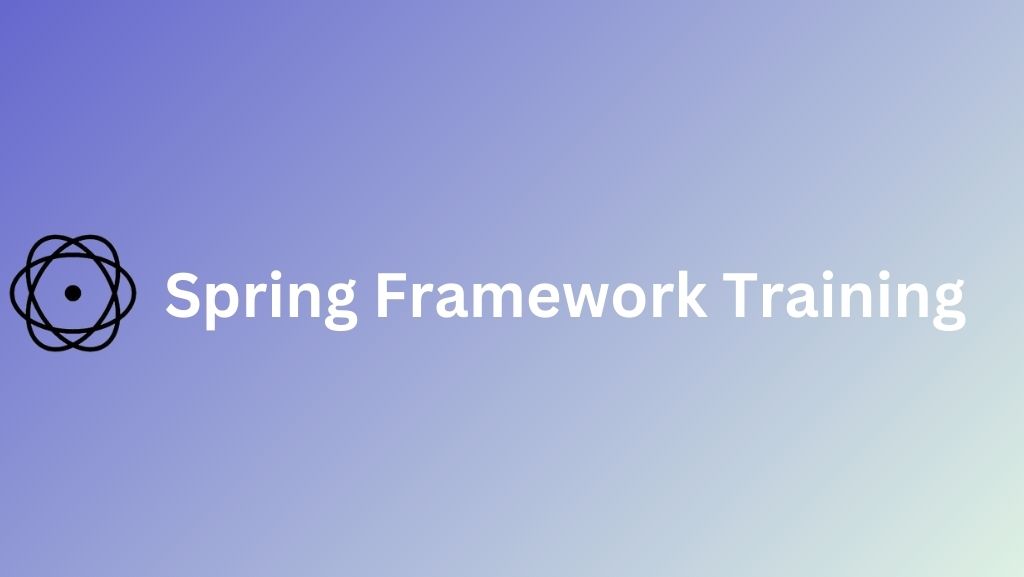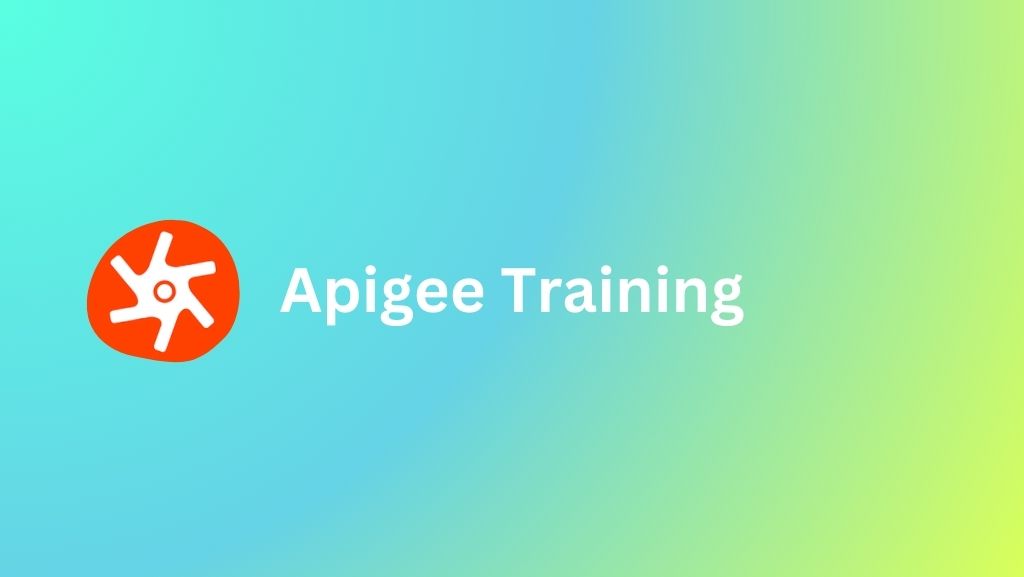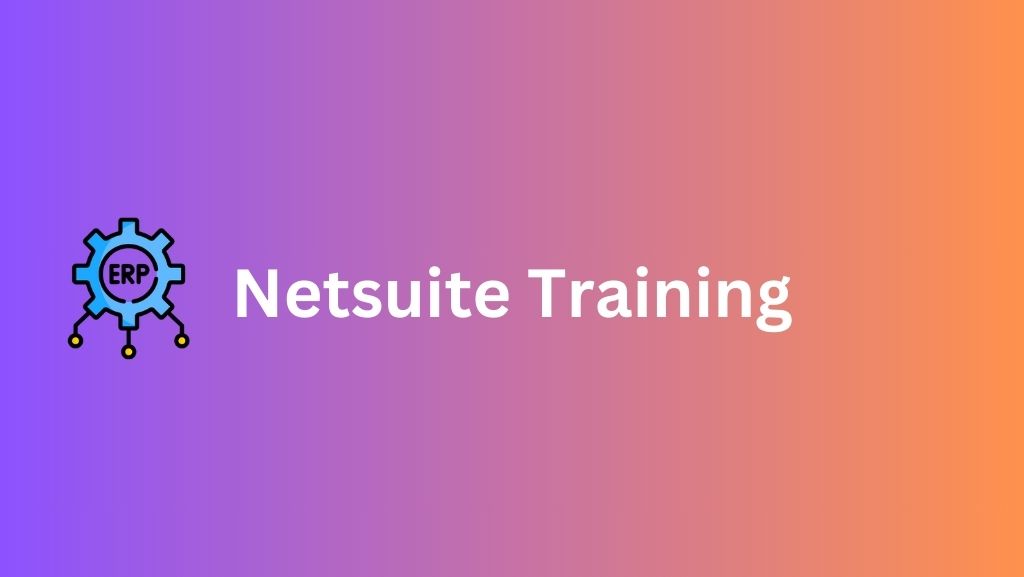Upcoming Batches for Kubernetes
Not compatible with the above dates?
Kubernetes Course Details
ZX Academy's online Kubernetes training is distinctive for its immersive, hands-on learning style. This thorough course is carefully crafted to empower participants with the essential skills needed to excel in Kubernetes, a crucial container orchestration tool. Guided by our seasoned professionals, the course delves into both basic concepts and sophisticated uses, providing practical experiences and hands-on projects.
Kubernetes is now a fundamental element in contemporary cloud-native application development, facilitating the streamlined deployment, scaling, and management of containerized applications. At ZX Academy, we emphasize a hands-on approach to learning, allowing individuals to enhance their capabilities. Join us to acquire the knowledge necessary to thrive in managing and fine-tuning container-centric environments across various industry applications.
Kubernetes is acknowledged as a potent tool for orchestrating containers, and it's indispensable for professionals from diverse backgrounds. When you enroll in ZX Academy's online Kubernetes course, you embark on a learning journey meticulously crafted to give you a deep understanding of the principles of Kubernetes, containerization, orchestration, and how to scale applications effectively. This online training skillfully blends theoretical knowledge with hands-on experience, preparing individuals to skillfully harness Kubernetes for robust application deployment and management.
Course Highlights:
Kubernetes Fundamentals: Immerse yourself in the foundational principles of Kubernetes, unraveling its structure, capabilities, and the orchestration of containerized applications, essential for steering extensive deployments.
Mastery in Container Orchestration: Deepen your grasp of Kubernetes, focusing on vital elements like pods, deployments, services, and labels, which empower you to adeptly orchestrate and oversee containerized applications.
Efficient Cluster Management: Master the techniques to establish and govern Kubernetes clusters effectively, exploring aspects such as node management, scaling, upgrades, and security configurations within a clustered setup.
Navigating Pod Lifecycle: Acquaint yourself with the lifecycle of Kubernetes pods, ensuring effortless deployment, scaling, and rolling updates of containerized applications.
Persistent Storage Solutions in Kubernetes: Discover the array of storage options in Kubernetes, including volumes, persistent volume claims, and storage classes, facilitating data persistence for containerized applications.
Kubernetes Networking Insights: Understand the intricacies of Kubernetes networking, encompassing services, networking policies, Ingress, and network plugins that streamline communication between pods and external entities.
Monitoring and Logging Techniques: Learn to monitor Kubernetes clusters, implement logging solutions, and leverage tools for performance tracking, troubleshooting, and ensuring cluster well-being.
Security Practices in Kubernetes: Familiarize yourself with security protocols within Kubernetes, exploring role-based access control (RBAC), pod security policies, and additional protective mechanisms for containerized applications.
Exploring Deployment Strategies: Delve into diverse deployment tactics such as blue-green deployments, canary releases, and rolling updates, ensuring uninterrupted updates for applications.
Kubernetes Best Practices: Prioritize adherence to best practices in Kubernetes, ensuring reliability, scalability, and performance in effectively managing containerized applications.
Engaging hands-on simulations: Participate in practical simulations, tackle real-world Kubernetes projects, address challenges, and devise solutions to solidify your understanding and confidence in managing Kubernetes environments.
What Will You Learn in Kubernetes Training?
Enroll in our Kubernetes online training program to gain a holistic understanding of Kubernetes. Here's what you'll learn:
Kubernetes Essentials: Master the fundamental aspects of Kubernetes, its components, and the effective orchestration of containerized applications.
Cluster Administration: Develop skills in managing and configuring Kubernetes clusters for peak performance and security.
Storage and Networking: Delve into storage and networking concepts within Kubernetes, ensuring smooth data persistence and efficient communication.
Monitoring and Security: Learn to monitor, secure, and troubleshoot Kubernetes environments, ensuring a robust and stable infrastructure.
Deployment Strategies: Understand various deployment strategies to facilitate continuous and efficient updates for applications.
Best Practices: Embrace industry best practices to maintain high standards in managing Kubernetes environments.
Who should take Kubernetes training?
Our Kubernetes training is perfect for:
- DevOps engineers are looking to enhance their container orchestration skills.
- System administrators aim to effectively manage containerized applications.
- Developers are transitioning into containerization and orchestration roles.
- Anyone interested in mastering Kubernetes for modern application deployment and management?
Prerequisites for Kubernetes Training
Our Kubernetes training welcomes participants with varied experience levels. There are no specific prerequisites, ensuring accessibility for beginners and experienced professionals eager to deepen their Kubernetes expertise.
Why opt for Kubernetes training?
Kubernetes training offers numerous benefits, including:
Career Advancement: Acquire skills that pave the way to roles in DevOps, container orchestration, and cloud-native development.
Industry Validation: Gain recognition for your proficiency in Kubernetes, bolstering your credibility in the tech industry.
Practical Expertise: Gain hands-on experience and practical skills, boosting confidence in managing Kubernetes environments effectively.
Competitive Edge: Stay competitive by staying updated with industry-standard Kubernetes practices and certifications.
Salary Trends:
According to PayScale, the average salary of a Kubernetes Developer is $85k per annum.Are you excited about this?
Kubernetes Curriculum
Kubectl common commands
Understanding Pods
Configure network on cluster nodes
Pod Networking Concepts
Setting up a cluster - Kubernetes Certificates
Service Networking
Deploy and configure network Load Balancer
Primitives necessary for self-healing apps
Effects of resource limiting on pod scheduling
Configure Kubernetes Scheduler
Running multiple Schedulers
Daemon Sets
Deployments
Rolling updates and Rollbacks
Scaling applications
Ingress
Access modes for volumes
Primitives for Persistent Volume Claim
Secrets and Config Maps in your pods
Storage classes
Headless services
Stateful Sets
Authorization
Kubernetes security primitives
Configure Network Policies
Visualizing cluster logs using EFK stack
Jobs
ETCD operations
Helm Charts
Troubleshooting cluster failures
Like the curriculum?
Projects on Kubernetes
Monitoring and Optimizing Resources in Kubernetes
This project entails constructing a Kubernetes Monitoring and Resource Optimization system. The goal is to capture and analyze critical metrics from Kubernetes clusters, visualize resource consumption, monitor the health of the cluster, and optimize resource allocation for efficient utilization.
Skills to Learn:
In this project, the focus is on extracting and analyzing metrics from Kubernetes clusters, employing monitoring tools such as Prometheus, visualizing data using platforms like Grafana, establishing alerts for resource thresholds, and optimizing resource usage to enhance cluster performance
Project Resources
Kubernetes Certification

Get certification or Get ahead with Zx Academy’s Certification or
Faq’s for Kubernetes
Reviews
Jennifer.v




